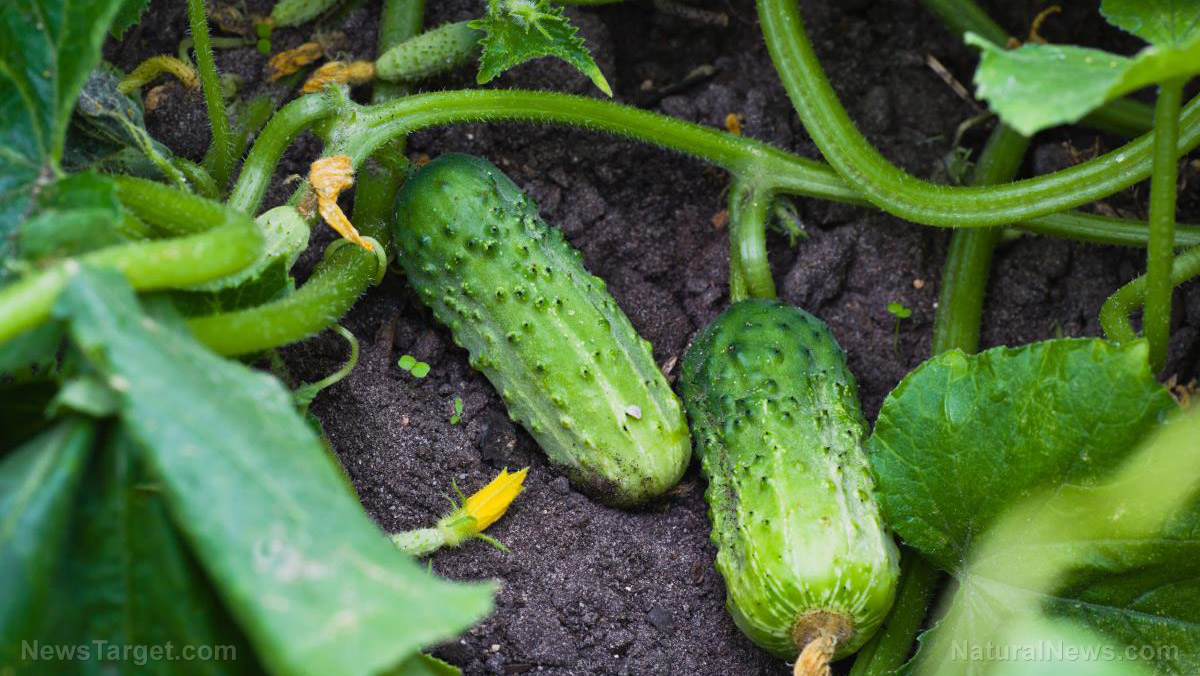
What are proteins?
A protein is a chain of amino acids – like a necklace with amino acids as beads – that take on different forms for specific roles in the human body. The body needs protein to be healthy. Enzymes, a type of protein, help with the biochemical reactions within the body. These proteins help many bodily functions, including digestion, energy production, and muscle contraction. Hormones, another type of protein, serve as chemical messengers between cells, tissues, and organs. Proteins also help build muscles and maintain healthy pH levels in the blood, as well as other bodily fluids.
Plant-based protein, like vegetables, are essential in maintaining a healthy lifestyle. Compared to other food groups, vegetables are low in fat and calories, which decreases the risk of cardiovascular diseases like stroke and heart attack. They are also packed with essential nutrients like vitamins A and C.
For all their benefits, however, not many people eat vegetables. A study by the Centers for Disease Control and Prevention revealed that only one in 10 Americans eat the recommended amount of fruits and vegetables.
Add these vegetables to your next smoothie
If you're looking for more sources of plant-based protein in your diet – or just want to add more greens, in general – here are five vegetables to consider using in your smoothies:
1. Hulled hemp hearts
Hulled hemp hearts, or hemp seeds, are rich sources of protein. A 30-gram serving of hemp seeds has 9.46 grams of protein, similar to soybeans. They also contain omega-3 fatty acids, an unsaturated fat obtainable only through diet. Omega-3s also improve heart health and reduce inflammation. Another substance found in hulled hemp hearts is fiber – mostly found in the hull, or the shell.
2. Nut butter
Nut butter is a well-blended mixture of nuts. It can be made from almonds, macadamia nuts, or walnuts. After blending the nuts, the butter is placed inside jars without adding sugars, preservatives, or sodium. You can make your own nut butter, depending on which kind of nut you prefer. This will help you have better control of its nutritional content.
3. Chia seeds
Chia seeds are popular superfoods. Aside from being rich in protein, they are also packed with omega-3 fatty acids and dietary fiber. The amount of essential fatty acids in chia seeds reach up to four times more than that of other grains. Paired with its high digestibility, chia seeds are often connected to studies related to weight loss management. Overall, chia seeds are wonderful sources of protein and can be combined in numerous ways with other foods. (Related: Chia is an Ancient Superfood Treasure.)
4. Pepitas
Pepitas, or pumpkin seeds, contain five grams of protein per ounce. They also have a diverse array of antioxidants. These include vitamin E, zinc, and manganese, which are crucial to reducing inflammation. They also serve as protection against diseases brought about by free radicals. Aside from these, pepitas have also been linked to a decreased risk of stomach, lung, prostate, and colon cancers. A study from the University of Rostock in Germany points out that pepitas may play a crucial role in preventing and treating breast cancer.
5. Spinach
Spinach is one of the more popular vegetables on this list. While Popeye may have popularized it, spinach has become a staple in numerous meals for its nutrient-dense quality and low-calorie content. Among its health benefits include lower blood pressure, improved heart health, and reduced risk in breast cancer.
Learn more about other healthy vegetables that you can use in your smoothies at Veggie.news.
Sources include:
Please contact us for more information.























